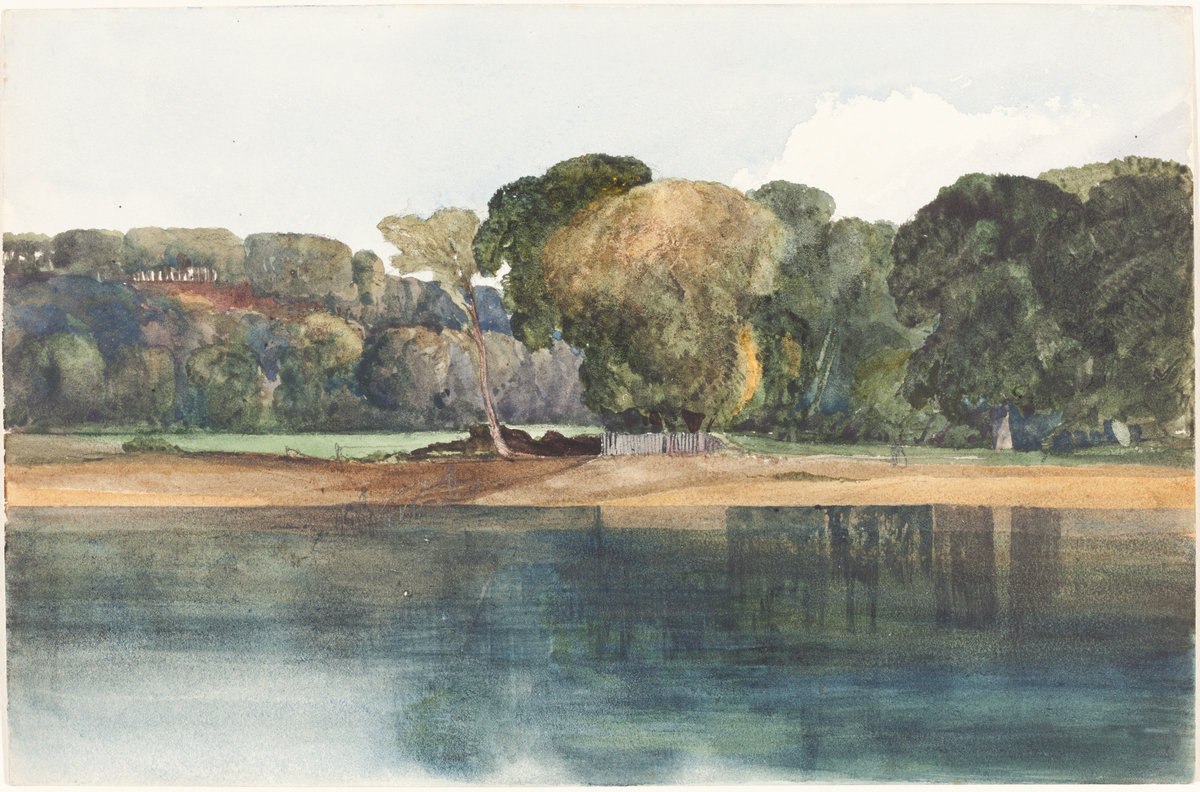By Taylor Marvin and Barbara F. Walter
Last week’s puzzler pointed out two discordant patterns related to women and blogging. More women than men graduate today with undergraduate and Master’s degrees in international relations, yet almost all elite bloggers in international relations are men. Where did all the women go?
We think there are four explanations for the dearth of women. The first has to do with high barriers to entry into the elite blogosphere. In an increasingly crowded online intellectual marketplace, bloggers often attain high-profile status though institutional affiliations and elite degrees. Almost all regular bloggers for Foreign Policy, the Monkey Cage, the Duck of Minerva, and Political Violence @ a Glance have Ph.Ds. They are also almost all faculty members at major research universities, and the vast majority are tenured. These qualifications mean that most bloggers in IR will be male, as the vast majority of IR faculty, especially at R1 universities, are men. And if you looked only at tenured faculty members at these universities, the percentage would be downright depressing. (As Felix Haass rightly pointed out, 70 percent of the respondents of the recent TRIP survey of IR professionals said they were male.) The number of women writing posts for elite IR blogs will not reach parity with men until the number of tenured women employed by elite research universities reaches parity as well. To quote Haass “the problem doesn’t seem to be… in blogging, but in the hiring practices (and their legacy) of the IR profession more widely.”
The second explanation has to do with who is invited to join group blogs. It is possible that women are simply not being asked to participate in blogs as often as are men. The Freakonomics blog, for example, has 15 contributors, all of whom are men. Is this imbalance because women were asked to participate but then declined, or is it because they were never asked in the first place? We don’t know the answer to this question, but we do know the process by which contributors were chosen for PV@Glance. Last June, Erica and I invited a number of scholars to contribute to the blog. 66 percent of those we asked were men, and 33 percent were women. Of those women 35 percent said yes, compared to 48 percent of the men. This is just one data point, but it does suggest that women are both asked at a lower rate and they accept at a lower rate.
The third explanation is that the outright sexism that exists in the blogosphere could deter greater female participation. Female bloggers are more likely to be dismissed for their gender than male bloggers. In a recent example, after anthropology PhD and Central Asia specialist Sarah Kendzior was described as a “mom blogger” by a USA Today reporter, Kendzior noted that it’s impossible to imagine a male IR commenter being described as a “daddy blogger” simply because he had children. Moreover, women are also much more likely to be threatened or harassed — often in a sexual manner — online. Megan McArdle has remarked that readers are more likely to comment on how female writers look than what they say, and Feministe and the Guardian’s Jill Filipovic has written extensively on the casual threats women bloggers receive. As Allison Hodgkins pointed out, “this was a subject at the last IPSI workshop brought up by the authors of the Monkey Cage and Crooked Timber who cautioned female bloggers to be prepared that when women do blog, the critiques take on a particularly gender specific, sometimes violent slant.” Comments in the blogosphere can be vicious and personal, but they tend to be more vicious and personal when directed towards women. This is yet another barrier to entry that male bloggers don’t face.
The fourth explanation has to do with the willingness of women to participate in blogs. Women may simply be less interested in blogging about professional topics than men for at least three reasons. First, women could simply have less time to blog than men. In 2011 Matthew Kahn asked why top-ranked female economists rarely blog, and Diane Lin suggested that it’s because female academics “have and care about other things and people in our lives, not just our own individual, introspective views about how the supposed world around us supposedly works.” This explanation was echoed by two of our readers. Brianforst argued that “blogging is play, and men take more play time, whether their responsibilities permit it or not.” Mila Johns commented that “It is incredibly exhausting to meet personal, familial, and professional obligations… while trying to self-promote through academic articles and social media.” Second, blogging requires a willingness to state strong opinions, often with little evidence. This requires a fair amount of confidence — some may say overconfidence — which Matt Yglesias has suggested favors men. Finally, women might be less interested in blogging because they are less likely to self-promote than men. This issue was brought up both by Allison Hodgkins, writing that “blogging is a form of self-promotion that women have been socialized to avoid,” and by Maeve WW, who wrote that “the lack of women participation reflects the problem that women do not self-promote as much as their male counterparts.” Similarly, commenter Peter Gowen recalled that 90 percent of pitches recently submitted to an online magazine were authored by men, and women were more likely to assume that “it was an exclusive club and men did not.”
What can IR and the blogosphere do to increase the involvement of women in professional blogs? We think there are at least two things that can be done. The first is to simply be aware that female voices are under-represented on any blog in IR and to understand that there is an opportunity for growth in this area. When Erica and I started this blog we did not think about gender equality in regards to who to invite, and we didn’t consciously check to see that a diversity of voices was being represented in the posts. Knowing that fewer women are apt to volunteer to blog and are, potentially, more hesitant to write for a variety of reasons has opened our eyes to the need to offer greater encouragement and support to women. Simply reaching out to women may go a long way to solving the problem. The final suggestion, however, has to do with the hiring and tenure practices at major universities. Women will continue to be under-represented in high prestige social science venues as long as women continue to be under-represented at high prestige universities. Having a seat at the table is likely to give women the opportunity, confidence, resources, and security to branch out into blogging. At the very least, it will make it easier for more female voices to enter and be heard in the international online world.





22 comments
I do Blog on conflictual subjects and I am for World Peace. An anti nuclear activist.
I wonder if there isn’t another possible response – reach beyond the most prestigious R1 universities. There are very smart folks doing top-level work at a lot of schools, and some of those schools may (because they are less hyper competitive to get onto the faculty) have better gender balance. Is somebody more likely to be right because they work at Columbia as opposed to Kent State?
i think women in IR are interested in much more interesting and important topics like poverty and development. they also seem to be less likely to blog about something they’re not comfortable with while the fellas will talk about anything to have their name appear on the front page again. the male collective mentioned seem to be much more interested in whatever is hot at the time.
In the real world of bloggers, 90% of the bloggers I read are female. There are a few men out there but not many. I have little experience with the world of academia so I won’t comment on that side of the coin. I write as often as I can and I do it for me and don’t care the sex of people who read or reply. I hope you sort this out and find that the numbers are reflective of the numbers of people that are female in your field. It will work out in time, just not today.
“Blogging is play”? That takes some nerve to say. For some people, blogging is an extensive part of their efforts to get their voices heard and to influence others.
There’s nothing wrong with having fun with your work, but I know if I had the chance to get people to listen to me I’d treat it as far more than just “play”.
I think this post gets to something pretty interesting. Hadn’t really thought of this either. Of the 12 permanent contributors at Duck of Minerva (including me), 3 are women. Maybe the ratio is better at e-IR, reflecting the greater gender equality closer in younger IR cohorts.
I would agree with Grant that though that calling blogging ‘play’ was incorrect. People like Nexon, Ulfelder, Walt, Drezner, and Jackson take it mighty seriously IMO. I think a fairer descriptor is ‘informal.’
Grant: Well, let’s say it is ‘play’ as long as it is not part of your job description and there are no direct rewards / institutionalized incentives to do it. If you accept that definition, than it is clear that blogging is a nice way to interact with colleagues and help your reputation, but outside of the narrow core of what academic do “professionally”…
I think that Kelly’s description as “informal” might be a better term for it. Alternatively, this might simply be a generation gap (I have no idea what your age is). For me, a twenty-something with a strong interest in political science and probably more comfort getting information from sites than books, “play” is what I do with my 3DS*.
*Though I have spent a good deal of time thinking about the political differences between Devil Survivor and Devil Survivor 2, it’s still play in my opinion.
There are Women Bloggers and proud to say I’m one! In addition, to hosting a weekly political podcast. We just need to be recognized more often for what we do :).
I was wondering if you ever thought of changing the structure
of your blog? Its very well written; I love what youve got to say.
But maybe you could a little more in the way of content so people could connect with it better.
Youve got an awful lot of text for only having 1 or two images.
Maybe you could space it out better?